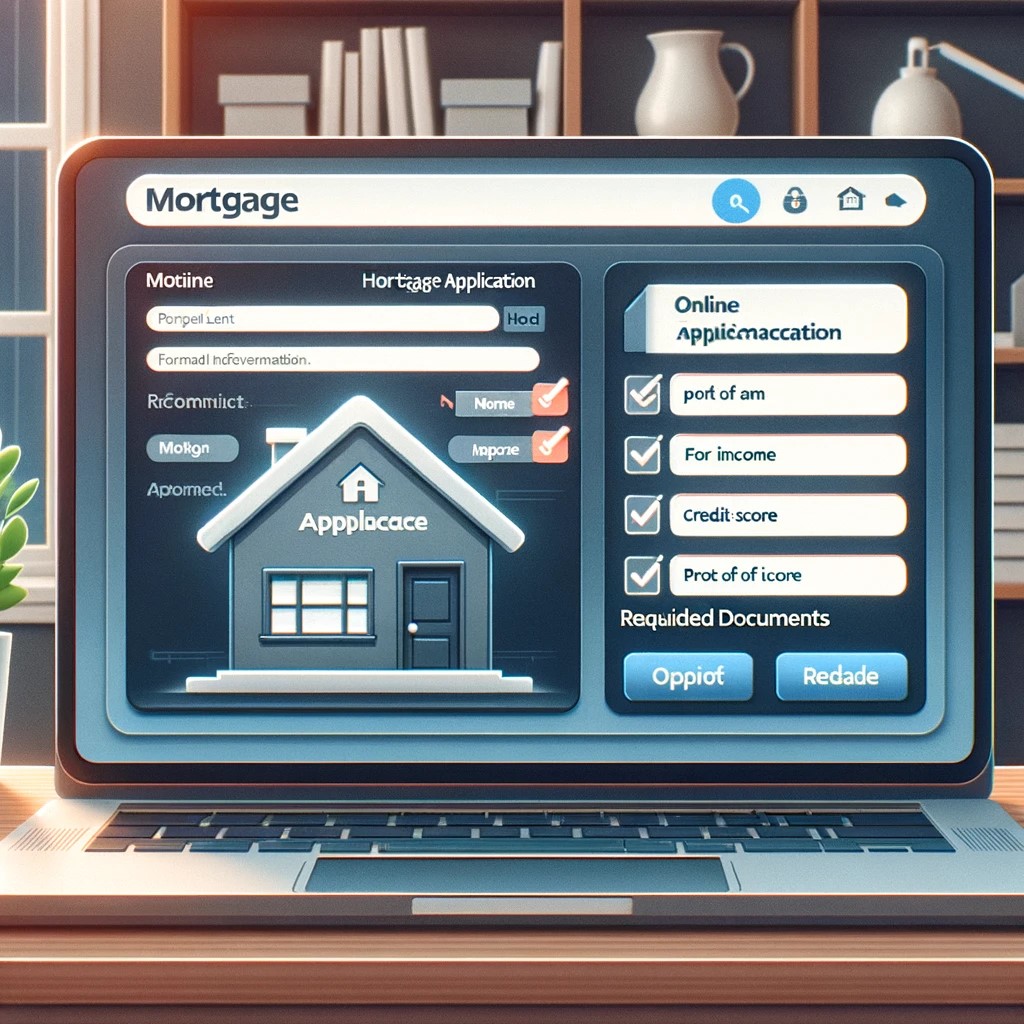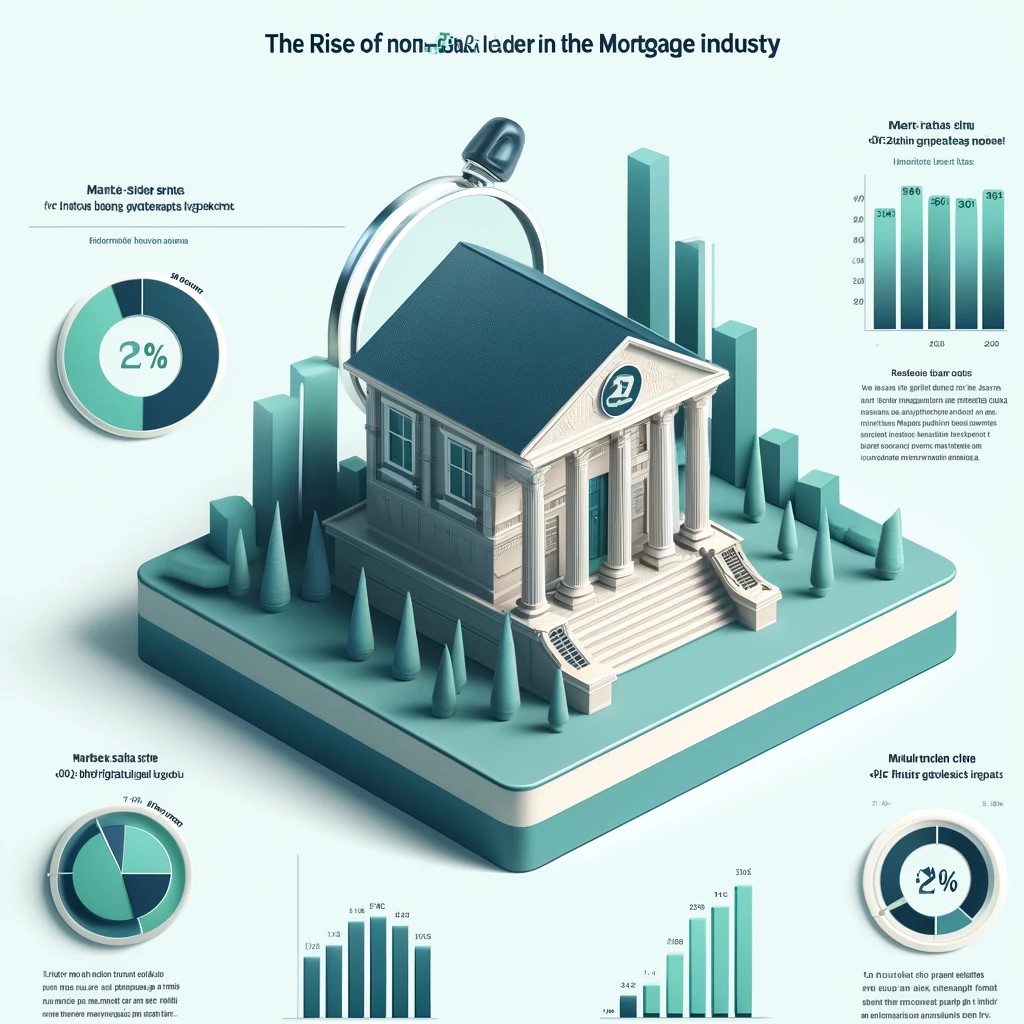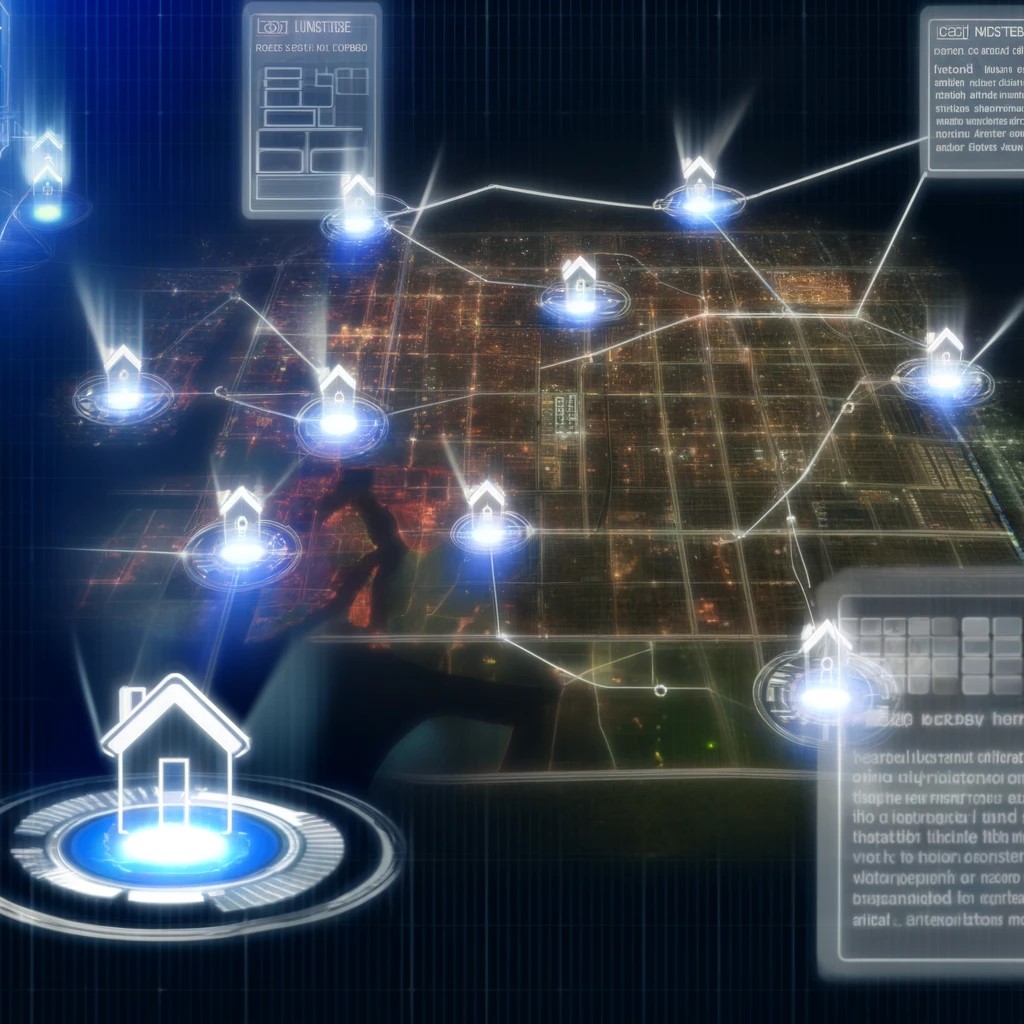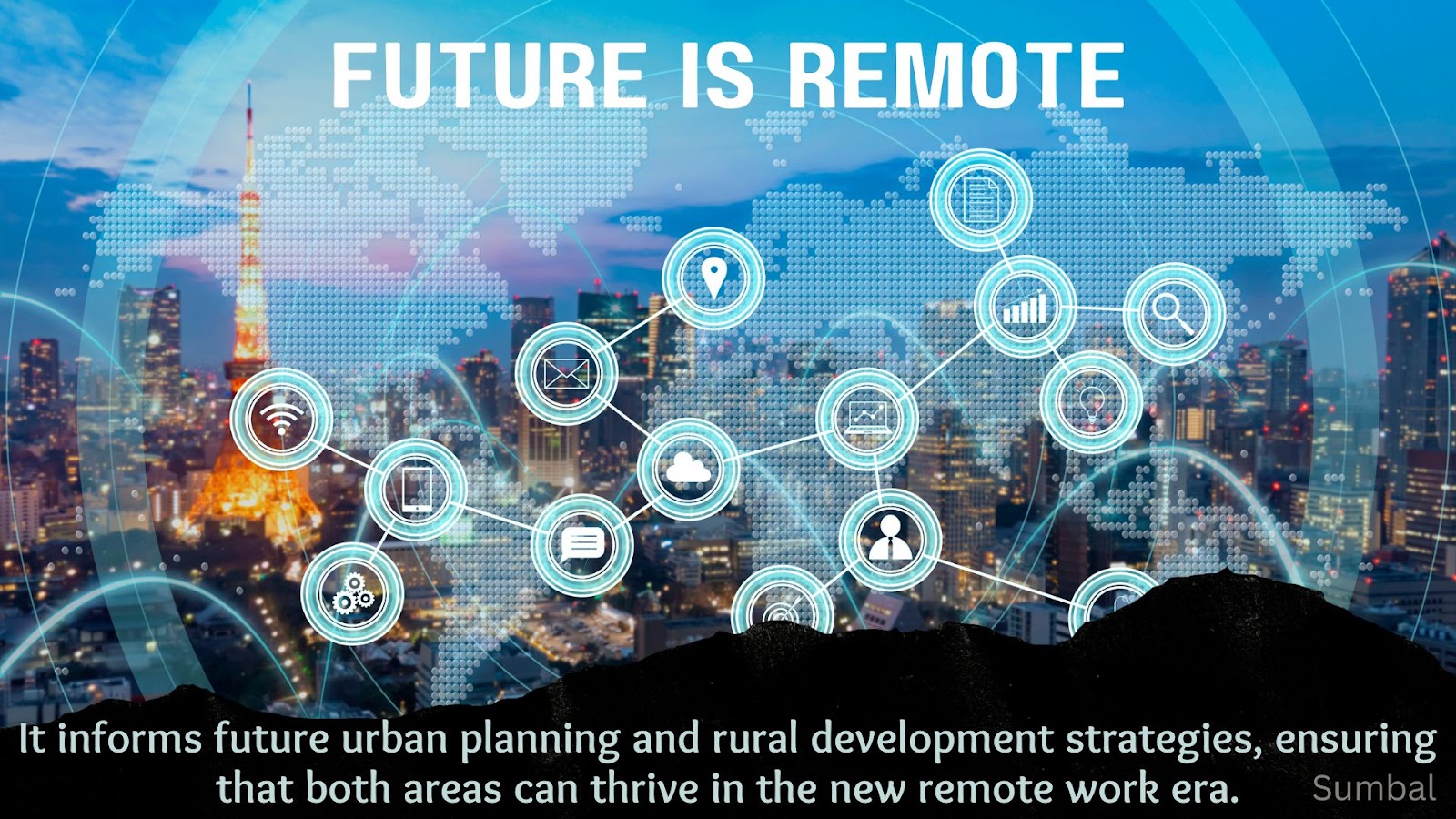Mortgage Trends and Innovations: Shaping the Future of Homeownership
The mortgage industry is undergoing significant transformations, driven by technological advancements, evolving market conditions, and shifting consumer preferences. These changes are not only reshaping the way lenders operate but also how consumers approach homeownership. This article explores the current trends in the mortgage sector and anticipates future innovations that could further revolutionize this vital industry.
Current Trends in the Mortgage Industry
Several key trends are currently shaping the mortgage landscape:

Increased Digitization
The digital transformation in the mortgage industry is accelerating. Online mortgage platforms and apps are becoming more prevalent, offering borrowers the ability to apply for loans, upload necessary documents, and monitor their application status online. This shift enhances transparency, increases efficiency, and improves the overall customer experience.
Adoption of AI and Machine Learning
Artificial intelligence (AI) and machine learning (ML) are playing crucial roles in modernizing the mortgage process. These technologies are used for automating underwriting processes, assessing risks more accurately, and personalizing loan offerings based on the borrower's financial behavior. AI-driven chatbots are also being employed to handle customer inquiries and provide instant support.

Growth of Non-Bank Lenders
Non-bank lenders are gaining a significant market share in the mortgage industry. These entities, which do not hold banking licenses but offer mortgage services, are popular for their flexible qualification criteria and innovative loan products. They often cater to niches that traditional banks may overlook, such as borrowers with non-traditional income sources or lower credit scores.
Future Predictions for Mortgage Innovations
As we look to the future, several developments are expected to emerge:
Integration of Blockchain Technology
Blockchain technology is poised to have a profound impact on the mortgage industry by enhancing the security and efficiency of transactions. It can streamline the title transfer process, reduce fraud risks, and simplify the complexities involved in mortgage securitization, making the loan process quicker and less cumbersome.

Rise of Green Mortgages
With increasing awareness of environmental issues, 'green mortgages' are becoming more popular. These are loans that offer favorable terms for purchasing energy-efficient homes or for funding improvements that increase a property's energy efficiency. This trend is expected to grow as more consumers seek sustainable living options and lenders promote environmentally responsible investments.
Expansion of Customizable Mortgage Products
Lenders are likely to offer more customizable mortgage products that cater to individual borrower needs. Products such as adjustable-rate mortgages with varying terms, interest-only loans, and mortgages with flexible payment schedules are expected to become more common. This customization will help attract a broader range of borrowers, including millennials who value tailored financial products.
Conclusion
The mortgage industry is at a crossroads, with technology and innovation paving the way for more efficient, secure, and customer-friendly processes. As the sector continues to evolve, prospective homeowners will find themselves equipped with more options, better rates, and more accessible services. Meanwhile, lenders that embrace these changes and innovate continuously will likely thrive in this competitive environment, leading the charge in the new era of mortgage lending.
(Writer:Hoock)





